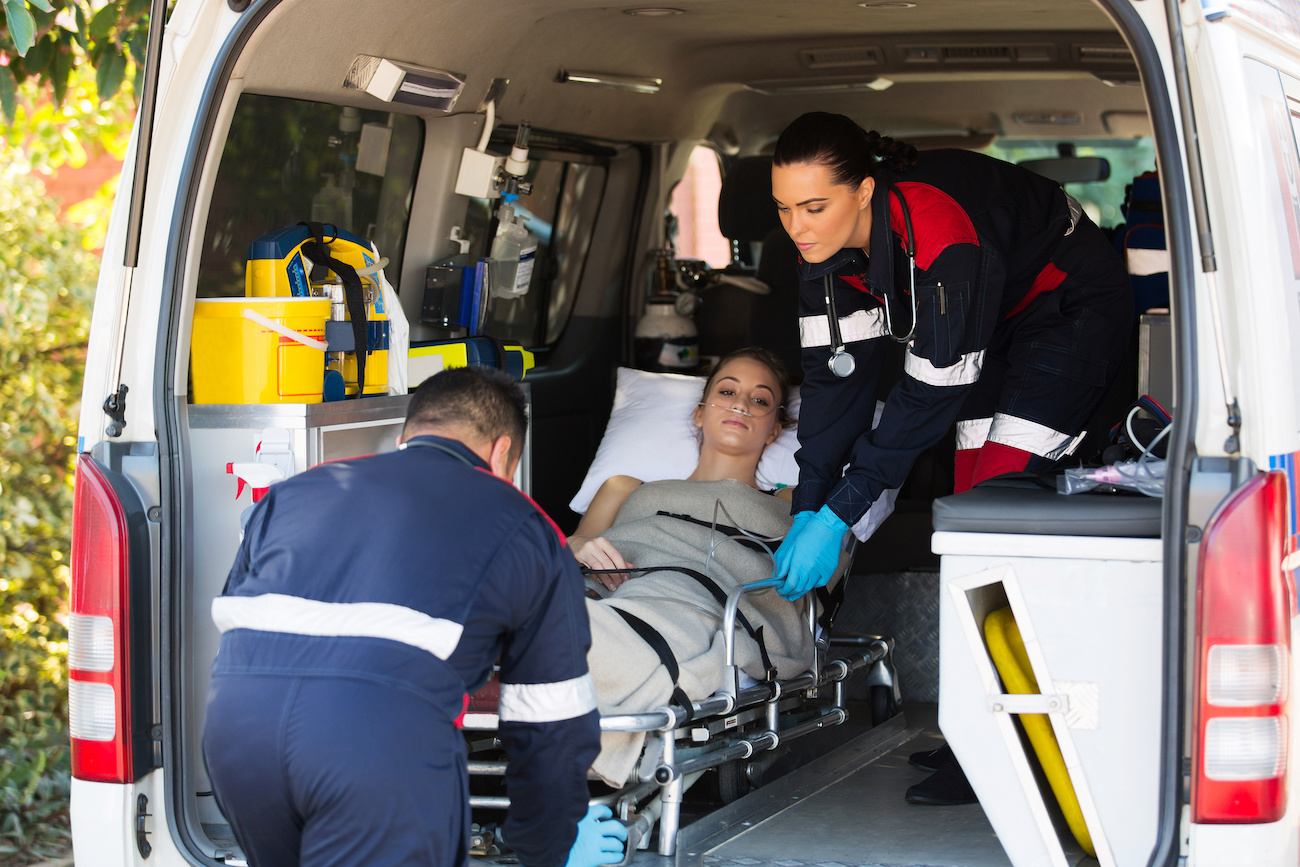„An Däitschland gëtt et zënter enger Rei Joren d’Beruffsbild vum „Notfallsanitäter“, dee mat enger Formatiounsdauer vun 3 Joer déi héchsten „nicht-ärztliche“ Qualifikatioun am Rettungswiesen duerstellt an zu de sougenannte „Gesundheitsfachberufen“ gehéiert.
Notfallsanitäter dierfen invasiv Mesuren um Patient duerchféieren, wéi z.B. intravenös an intraossär Zougäng leeën, an och eng ganz Partie u Medikamenter ginn. Notfallsanitäter ginn dowéinst net just am Rettungsdéngscht agesat, mee och ënner anerem an den Urgencë vu Spideeler.
Zu Lëtzebuerg ass d’Qualifikatioun vum Notfallsanitäter aktuell net unerkannt, quitt dass et an der Grenzregioun eng Rei Leit mat dëser Qualifikatioun gëtt, déi dozou bäidroe kéinten de Mangel u qualifizéiertem Personal am Rettungs- a Gesondheetswiesen ze reduzéieren.
Donieft ass aktuell déi héchstméiglech Formatioun am Rettungsdéngscht de sougenannten „Secours à personne niveau 2“ (SAP2). Et geet awer säit 2017 riets vun engem weideren Niveau, dem SAP3.
An deem Kader wollte mir der Madamm Gesondheetsministesch an der Madamm Inneministesch folgend Froe stellen:
- Ass virgesinn, de Beruff vum Notfallsanitäter zu Lëtzebuerg unerkennen ze loossen? Wann net, firwat net?
- Wou sinn déi aktuell Planungen betreffend de SAP3 drun?
- Wéini ass domadder ze rechnen, datt dësen agefouert gëtt?
- Wéi eng Kompetenze sollen d’Leit kréien, déi dës Formatioun ofgeschloss hunn?
- Ass et denkbar, Leit mat der Qualifikatioun SAP3 respektiv Notfallsanitäter an den Urgencë vun de Spideeler anzesetzen?“






